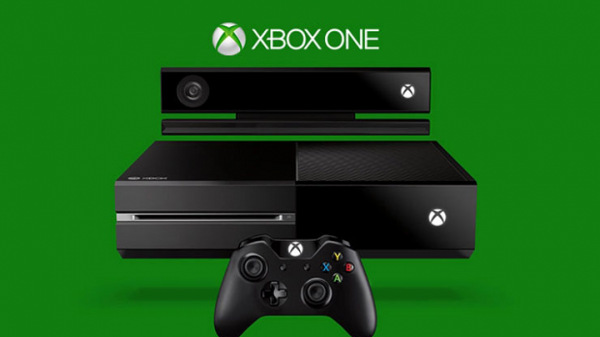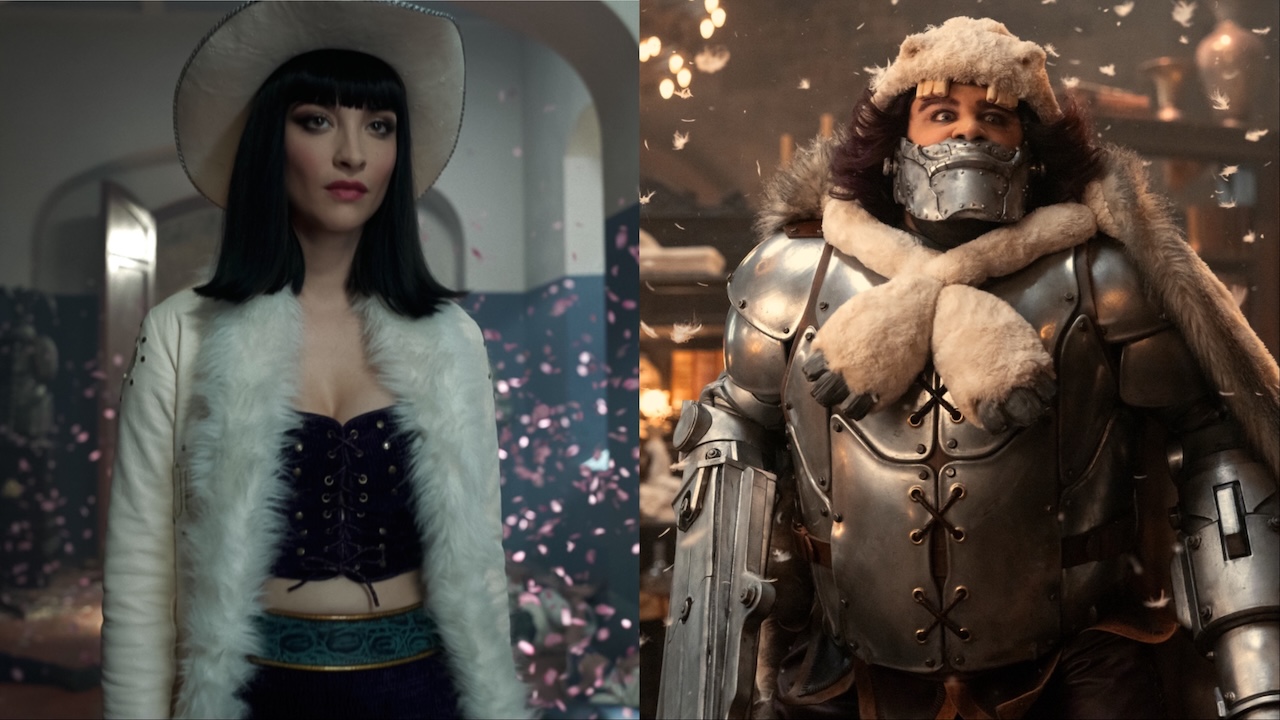
Your Daily Blend of Entertainment News
You are now subscribed
Your newsletter sign-up was successful
The Xbox One will be receiving fewer exclusives from third party developers. Xbox boss Phil Spencer explained in a new interview that they've altered their strategy for exclusives.
In this video interview from China Joy 2015, Spencer said that he wants to emphasize Xbox One-only franchises that Microsoft personally owns:
My strategy is more around our own first party franchises, and investing in franchises that we own, and probably fewer exclusive deals for third party content. I want to have strong third party relations, but paying for many third party exclusives isn’t our long term strategy. This year, the fact that we’re shipping Halo 5, Gears of War, Forza 6, Fable, we can only do that and build that best line-up we’ve ever seen really on the back of franchises that we own.
Spencer's plan makes sense if you think about the purpose of exclusives. The reason you want a game to be only available on your console is that it makes your hardware more attractive. Want to play the next Halo? Well, then you have to buy an Xbox One.
Microsoft (like Sony and Nintendo) has padded out their library of exclusives in the past by working out deals with third-party developers. For example, Xbox One launch titles Ryse and Dead Rising 3 were created by Crytek and Capcom respectively. These exclusivity deals let Microsoft have more Xbox One-only games than their internal studios could produce on their own.
The problem with paying for third-party exclusives, though, is that they rarely stay exclusive. The deals typically have a time limit, at which point the developer can port their game to a new platform. Ryse and Dead Rising 3 have since been released on PC. Rise of the Tomb Raider, one of the big Xbox One exclusives of this fall, will arrive on PC in early 2016.
Microsoft's answer isn't to stop working with outside developers. The three big Xbox One exclusives being shown at Gamescom 2015 - Scalebound, Quantum Break, and Crackdown - are all being created by third-party studios. However, the crucial difference is that Microsoft own the rights to those franchises. This means that they can ensure that those games and their sequels never end up on PC or PS4.
Spencer's new emphasis on first-party exclusives seems to explain the current Call of Duty situation. For the past several years, DLC packs for Call of Duty games were released a month earlier on Xbox consoles. However, Black Ops 3's DLC will be a timed exclusive for PlayStation instead. It's possible that Sony simply outbid Microsoft for the deal but this Spencer interview suggests that Microsoft didn't even want the exclusivity anymore.
Your Daily Blend of Entertainment News
Staff Writer at CinemaBlend.

